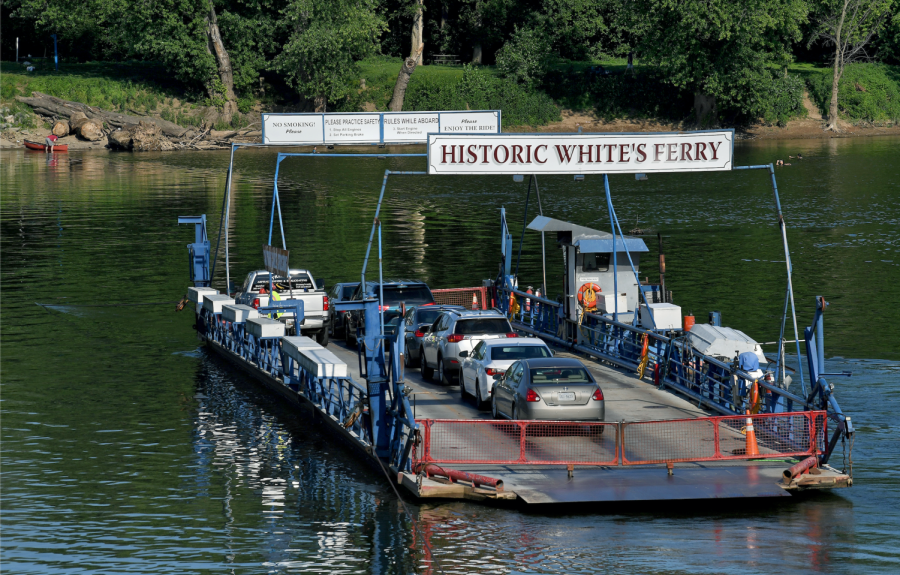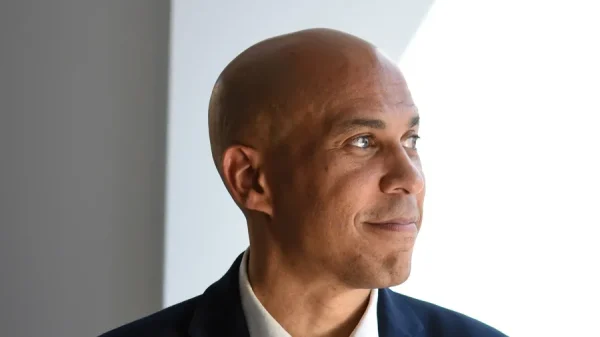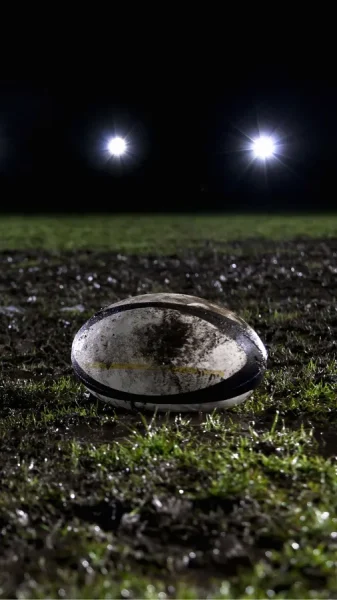“Two years, too long”: White’s Ferry dispute continues
White’s Ferry was the last cable ferry service that operated on the Potomac River. While in operation, the ferry transported approximately 600 to 800 vehicles a day. The ferry ceased operations on December 28, 2020, following a Circuit Court opinion in a private lawsuit over the use of private land for the ferry landing in Virginia.
On December 29, 2022, a rally was held at the Maryland end of White’s Ferry. Several hundred people were in attendance including many community leaders and politicians. Notably attendees include the Town of Poolesville Commission president Jim Brown, Montgomery County Council President Evan Glass, Hosanna Community Church’s pastor Chuck Copeland, and an appropriately costumed Mr. Grinch. The attendants were heard chanting “Two Years, Too Long” as well as “What do we want? The ferry opened!”.
Local Poolesville resident Greg Su was also in attendance. He believes that the rally managed to achieve several accomplishments.
“It raised awareness that it is still an issue as there were several news outlets reporting on it,” said Su. “I think it got more people to try and be involved and the numbers attending showed to the legislators that also attended that this is an issue people in the community care about.”
The cause of this issue is a land dispute between the ferry operator and the owners of the Virginia landing. Though this is an issue between private parties, Su believes that the path forward is to try to get the Montgomery County government to talk with the Loudoun County government.
Global Senior Owen Dean has taken further steps towards this action.
“I am communicating with elected officials as well as friends and family to make sure they know how pressing of an issue it is,” said Dean.
Both Su and Dean emphasized the need for student voices to be heard in support of the reopening of White’s Ferry.
“Students at PHS can pressure local representatives as well as Loudoun County and the State of Virginia,” said Dean. “Due to the nature of the dispute, it is not something that is likely to be resolved in a timely manner without pressure from both sides of the Potomac.”

Kevin is a senior in the Humanities program and this is his first year on The Pulse. Kevin is the Senior Class President, as well as a Varsity Cross Country...









